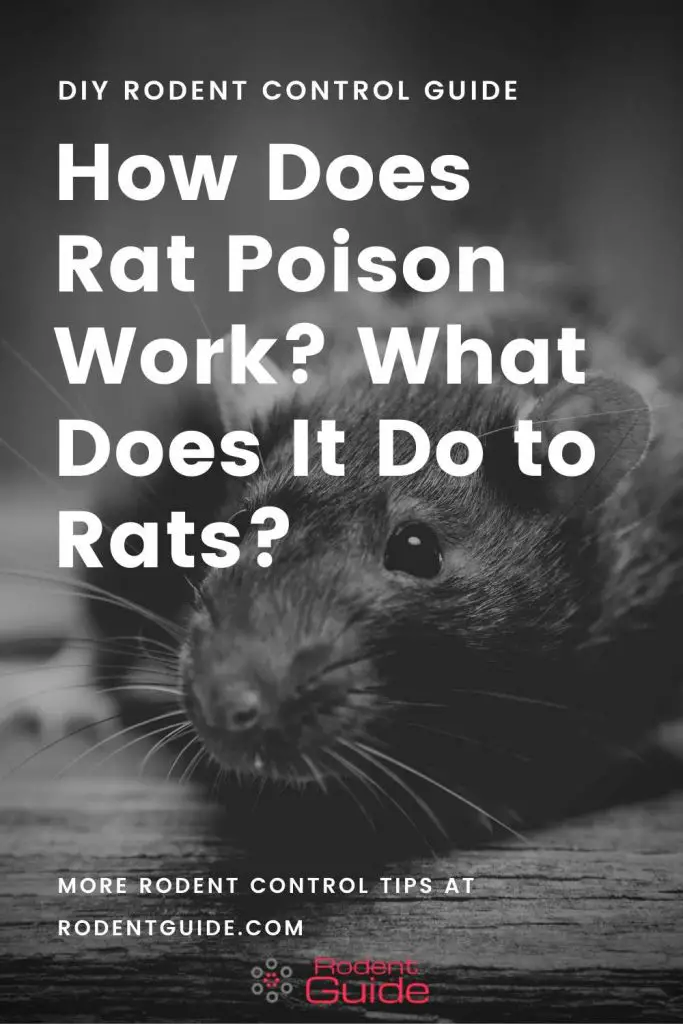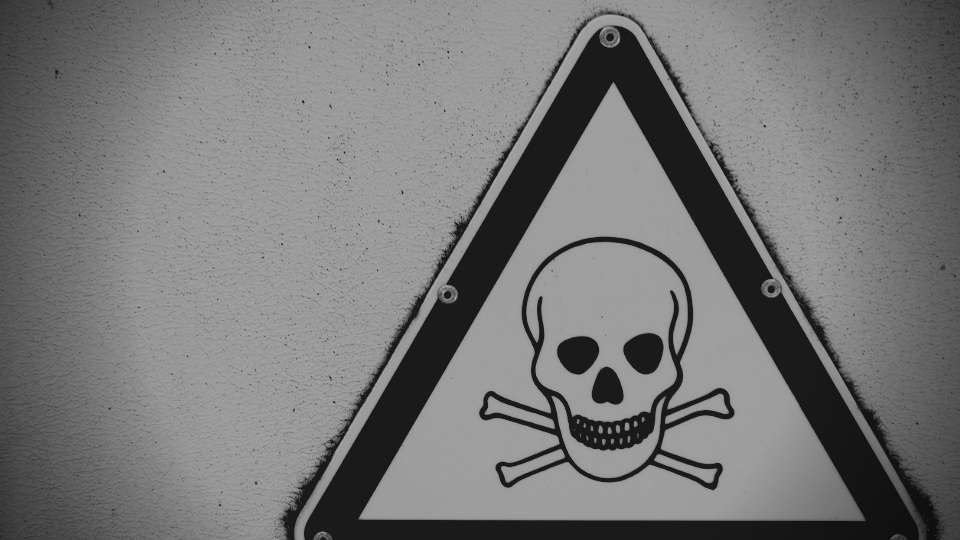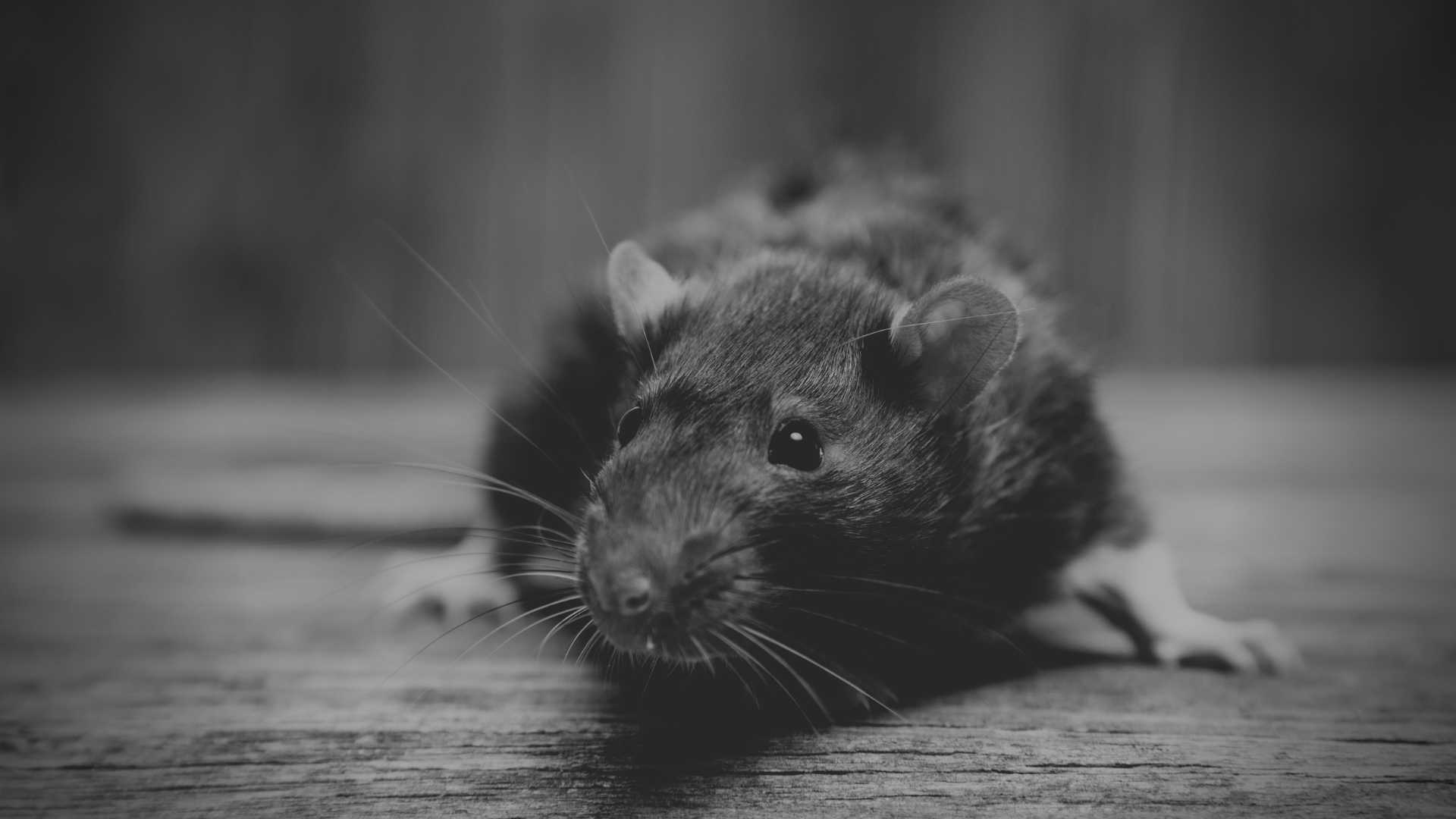We all love rats when they scurry around in mazes looking for cheese. We DON’T love them, however, when they rush around our kitchen counters looking for last night’s pizza crust.
So, what will we do about it short of catching them with traps or bare hands?
Rat poison.
How does rat poison work? Don’t let the size of these colorful pellets fool you—they can kill our four-legged scavenger friends by causing internal bleeding, adverse chemical reactions, a spike in their bodies’ vitamins, or severe dehydration that leads to death.
Unfortunately, not all rodenticides are made the same. Here are a few popular ones and their mechanism of action so you can decide which one is best for your home.
Whichever one you opt for, please use rat poison responsibly, and always follow the instructions provided with the poison.
What you will learn in this post:
- How does rat poison work?
- What are the common active ingredients in rat poison?
- How long does it take for rat poison to work?
- Frequently asked questions.

IMPORTANT: Above all other advice, you must follow the instructions that are supplied with whichever poison you use for rats.
How Does Rat Poison Work – Breakdown of Different Rat Poison Ingredients
Rats are incapable of vomiting, so they have evolved a unique evolutionary trait that makes them suspicious of new food. When confronted with something strange such as a poison pellet, they will often refuse to indulge themselves or watch some other rat eat it and wait to see if anything bad happens to the taster.
This is why most rodenticides take several days before their killing power activates—the slow-acting nature of the drug fools the rat into thinking that it’s safe to consume, bypassing their inherent paranoia.
How does rat poison work? What happens to rats when they eat poison? Let’s look at the 5 common rat poisons types which will answer that question!
Anticoagulants
Just like humans, rats have a circulatory system that pumps blood throughout their bodies. If they experience a wound, clotting factors will kick in so that the bleeding will stop and scar tissue can repair the injury.
How does it kill rats, and how long does it take?
Poison with anticoagulant properties will disrupt the clotting mechanism inside the rat while also causing damage to tiny blood vessels. Because the rat’s body can no longer stop the bleeding, it will hemorrhage to death.
In terms of anticoagulants – how does rat poison work… the answer is grim!
This rodenticide works over a few days, making it much more effective in overcoming bait shyness. The rat will slowly turn sleepy and exhausted due to the continuous internal blood loss, making it look for sources of water to try to relieve itself until it finally keels over and dies.
Metal phosphide
This kind of poison is effective with large infestations because it is cheap. Thus, it is commonly placed in outdoor containers where clusters of rats can feast on it. Most manufacturers also lace the pellets with a strong, pungent scent that wards off other animals except the rats to avoid accidental poisonings.
How does it kill rats, and how long does it take?
Once ingested, the metal phosphide reacts with the rat’s stomach acid and produces a toxic byproduct called phosphide gas. This gas is fast-acting, killing rats within a day or so. For this reason, the bait is frequently given only after the rats have been served non-dangerous food to overcome their mistrust.
Hypervitaminosis
The concept behind this rat killer is to cause a spike in the natural concentration of vitamins, specifically the fat-soluble vitamin D2 and D3, which are responsible for regulating calcium and phosphate in the body.
Once the natural homeostatic levels of these compounds become skewed, internal damage quickly follows.
How does it kill rats, and how long does it take?
When the rat ingests too much vitamin D2 and D3, the amount of calcium in its body skyrockets. This causes calcium salts to build up along vital organs such as the heart, lungs, stomach, and kidneys. Calcium salts are sharp and will inevitably cause tearing and injury and disrupt the normal functions of these tissues.
Most deaths happen within a week and after cumulative intakes of the poison. Some pellets are so concentrated that all it requires is a single dose, while others have lower strengths that necessitate repeated exposure.
Combination
In recent years, companies have sought to combine different methods of killing rats into a single form. For example, anticoagulants are often mixed with hypervitaminosis, leading to a more complex and fast-acting poison that can kill rodents quickly.
These combinations are also done to improve the chances of survival in cases of accidental poisoning—a dog, cat, or human that mistakenly eats a mixed rodenticide with lower individual doses might fare better than if they ate one with a higher dose of a single toxin.
How does it kill rats, and how long does it take?
How does rat poison work? This is more a question of how THESE poisons work. Because they combine several chemicals in one food pellet, these baits are so toxic that they can kill after a single dose. Rats often develop immunity to certain poisons, and combining them is the only solution when dealing with particularly resilient rodents.
Combination types use the same mechanisms of action as mentioned above concerning their separate components. Since they stack on top of each other, however, the rat is faced with blood loss, poisoning, and multiple organ failure simultaneously, leading to a swift death.
Organic Poisons
The proven effectiveness of manufactured rodenticides is also their downfall—without the proper precautions, accidental poisonings are always high. This is especially true if other animals and children are around the house, which parents and pet owners are especially wary about.
Those who are more concerned with safety choose to use organic poisons. These are rarely fatal to humans and large animals, giving a sense of peace not found when dealing with other artificial rat products.
How does it kill rats, and how long does it take?
The most common organic rat poison is powdered corn cob. Corn cob can absorb large amounts of water, and when ingested by a rat, it causes toxic dehydration. The rat ultimately goes into shock and dies.
One downside of powdered corn cob is that it can take up to a week and repeated ingesting to work finally. The good news is that it is environmentally friendly, which means that other animals can eat even the rat’s carcass without getting secondary infections.
Rat Poison Considerations

You need to be aware of some considerations when using rat poison.
Rat poison is dangerous. Not just for you, but for other animals that you are going to target.
Before using it, you should learn about the dangers of using rat poison.
Does Rat Poison Work?
Yes- rat poison works. Rat poison has been successfully used to control the rat population for years and continues to be used by professionals and DIY rodent control.
You MUST ensure that you follow the instructions provided with the rat poison! If you do not use the rat poison as directed by the instructions provided with it then you could endanger life.
Conclusion
How does rat poison work? The answer is on this page, along with the most common ingredients used in rat poison.
Rats are a menace, but that doesn’t mean they’re tough to eliminate. Poisons are found on the shelves of many groceries and pharmacies, making them widely available for use.
Also – it is worth considering using homemade rat poison options, too, as they are safer. Having said that, you should always use caution!
With this article, we hope that you now have a fair idea of what you want to buy to help prevent the spread of disease-carrying rodents in your house.
And if everything else fails, you can always adopt a cat.
Good luck!








